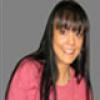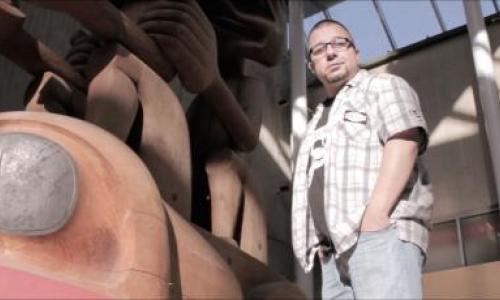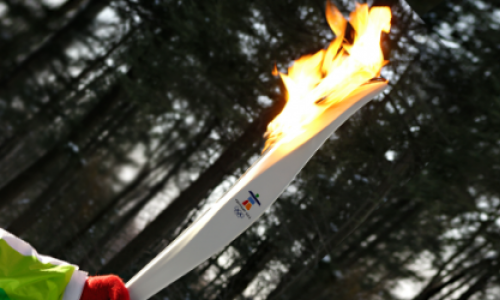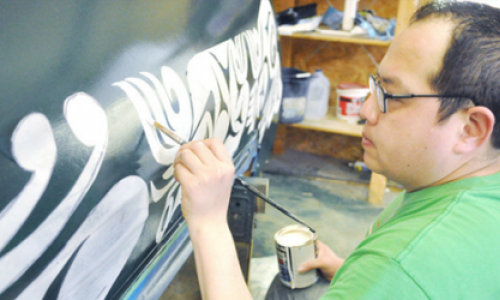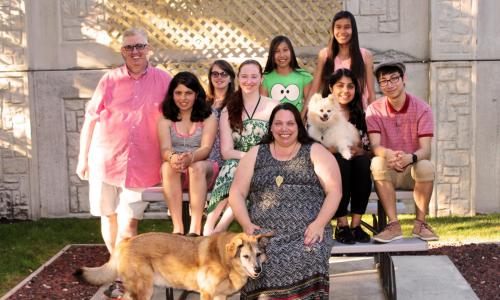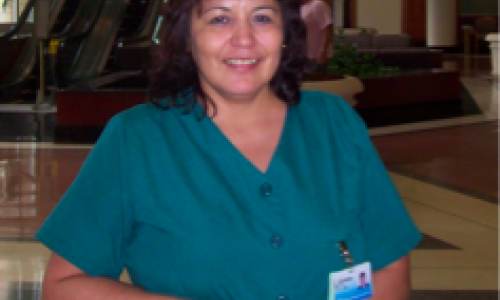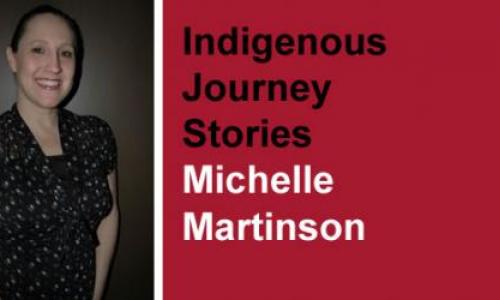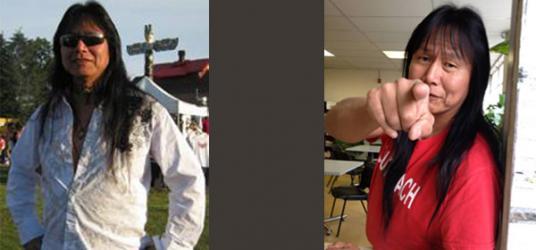
Randy Jack is from the Cheslatta Carrier Nation. He is now an outreach worker with the Vancouver Recovery Club. He loves the work he does, particularily the people he engages with everyday. His education and experience as an Aboriginal man have helped him to find a career that he loves. Here is a series of questions and answers to learn more about his experience.
Where did you grow up?
I grew up in Burns Lake. It’s about 200 km from Prince George.
What were some of the challenges you faced growing up?
We grew up living on income assistance with my Mom as a single parent.
What is your happiest childhood memory?
Spending the entire summer at my Grandma’s.
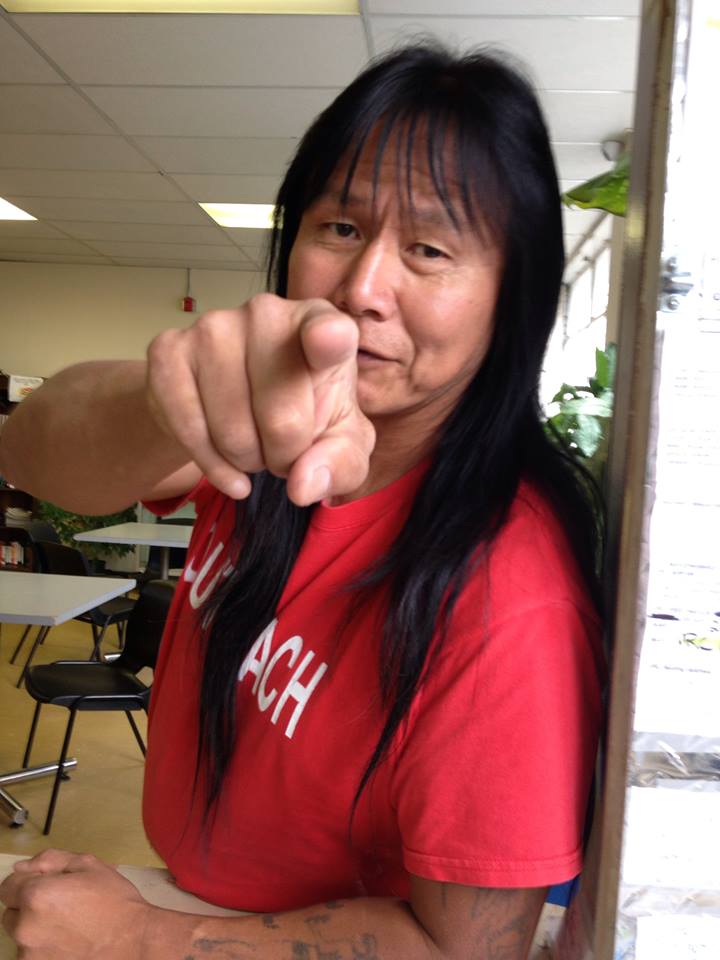
When you were young, what did you want to be when you grew up?
I wanted to be a carpenter.
When did you start thinking about attending post-secondary?
I really didn’t want to go to school, but I had to.
What were some of the reasons you decided to further your education?
I used to be a mechanic and I didn’t really want to go back into the field. I had always liked helping people, so I decided to further my education in that area instead. I am really happy that I did.
Write a Brief Timeline of Your Schooling Experience
I was in Catholic school until grade eight. I attended high school for two years but dropped out. Later on I did some upgrading and took the GED equivalent course, which I passed with flying colours.
Share Your Experience of Finding Funding
I was really lucky that my band, Cheslatta Carrier Nation funded me. I just applied and my funding was approved. The application process was really easy. I just walked in, told them what I wanted. They gave me an application, I filled it out and I was accepted.
Share a Time When You Wanted to Quit
The only time I ever wanted to quit was in high school, that’s why I dropped out, but I never wanted to quit my life-coaching education. I received my life skills diploma, a counselor diploma and a counseling certificate.
Share You Proudest Moment
My proudest moment in life was when my daughter was born on September 12, 2000 at 11:30 pm.
Where are you currently in respect to your education? Do you think you are finished? Or do you wish to go further?
I am working in the field that I want to be in. I absolutely love what I do. I wake up in the morning and am happy to be going to work. I am open to upgrading my education in the life-coaching field if an opportunity presents itself.
What did you do after you graduated?
I went straight to work after I graduated. The first place I applied hired me and I am still working there today.
How did you find your current work position?
I heard about the position through friends, so I went in and applied. They hired me straight away. That’s why networking and word of mouth is so important when you’re looking for a job. Its so much easier and it worked for me.
What has been your most important lesson in transitioning to the work force?
The most important thing, I think, is just to love what you do. I looked for work doing something I love and I’m happier for it.
What advice do you have to offer other Indigenous students?
My advice to others is to just recognize that life really is what you make it. Don’t ever give up on yourself or your goals.
What are your goals for the future?
I would like to settle down, maybe get married. I want to do some powwow dancing, drumming and singing. Most of all I want to live life one day at a time, with no expectations of myself or anyone else.









